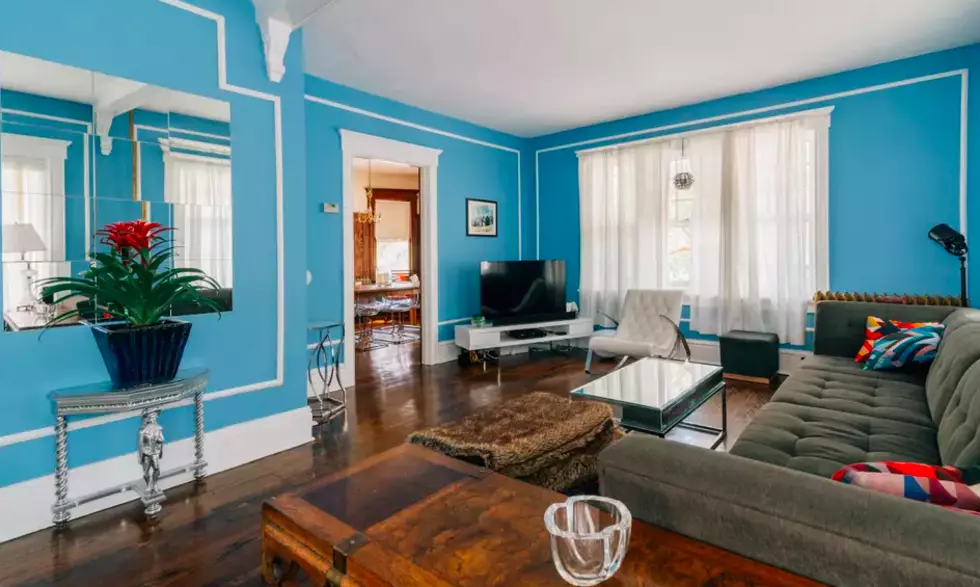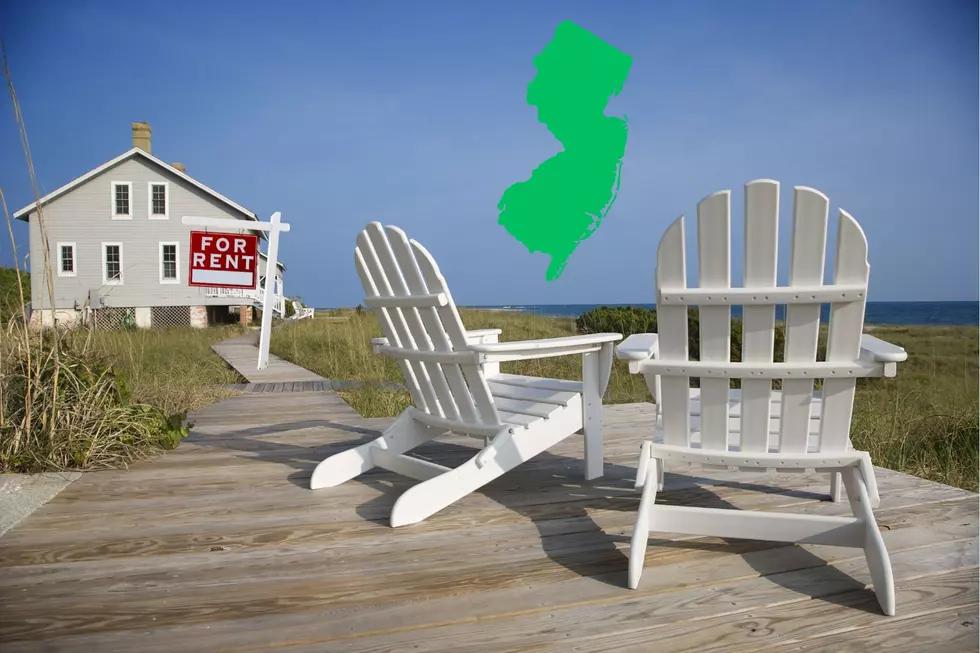
With Airbnbs Taxed, NJ-wide Registration Rules May Be Next
New taxes on short-term rentals in New Jersey booked through outlets like Airbnb might soon be followed additional regulations, such as limits on how days a home can rented out a year and a yearly fee of up to $250 to become a registered host.
Assemblywoman Valerie Vainieri Huttle, D-Bergen, said some cities and towns – particularly in North Jersey – are moving to impose regulations and that without uniform rules, it becomes a mishmash. Her bill would set guidelines for how municipalities can impose local rules.
“This legislation is critical to addressing the issues of public safety and the quality of life that have resulted from online marketplaces such as Airbnb,” Vainieri Huttle said.
“If this law was passed, it would bring New Jersey in line with similar standards set by other major cities around the world,” she said as the Assembly tourism committee advanced the bill Thursday.
The bill would not apply to seasonal rentals. A different version of the plan got a similar first approval two years ago, then stalled. Many amendments to the bill have since been made.
“This certainly is a new wave in the hospitality industry,” Vainieri Huttle said. “We do not want to prohibit them. We want to have them accountable and regulate and have them transparent.”
The legislation does, however, specifically permit municipalities to ban rentals of 30 days or less arranged through a transient space marketplace.
John Holub, a lobbyist for the New Jersey Hotel and Lodging Association, said it is important to established companies for regulations to catch up with innovation, whether regulating rideshare companies, requiring online retailers to collect sales tax or – as started in October – applying sales and hotel taxes to short-term home rentals.
“Because of the regulatory environment or lack thereof where these companies operated in, there’s a tipping point where these new innovative companies have a competitive advantage over well-established companies,” Holub said.
“It’s a very important, critical second step to truly leveling the playing field within the hotel and lodging industry,” Holub said of the bill, A3721/S1734.
The so-called ‘Airbnb tax’ is also levied on short-term rentals booked directly by homeowners without using online marketplaces or Realtors. Legislation that would change that has been introduced but has not gotten a hearing.
Under the proposed bill, homeowners who want to book short-term rentals of their property wouldn’t need to be licensed, though they would have to be registered with their municipality.
Registered hosts would have to maintain rental records for four years that include the names of guests, nightly rates and other information, as is now required under the Airbnb tax law.
The host registration fee would be not more than $250, with half of the proceeds to be retained by the municipality and half to be deposited in the state’s Affordable Housing Trust Fund.
The bill was amended to remove a requirement that registered hosts maintain at least $500,000 in property liability insurance, among other changes.
More From WPG Talk Radio 95.5 FM










